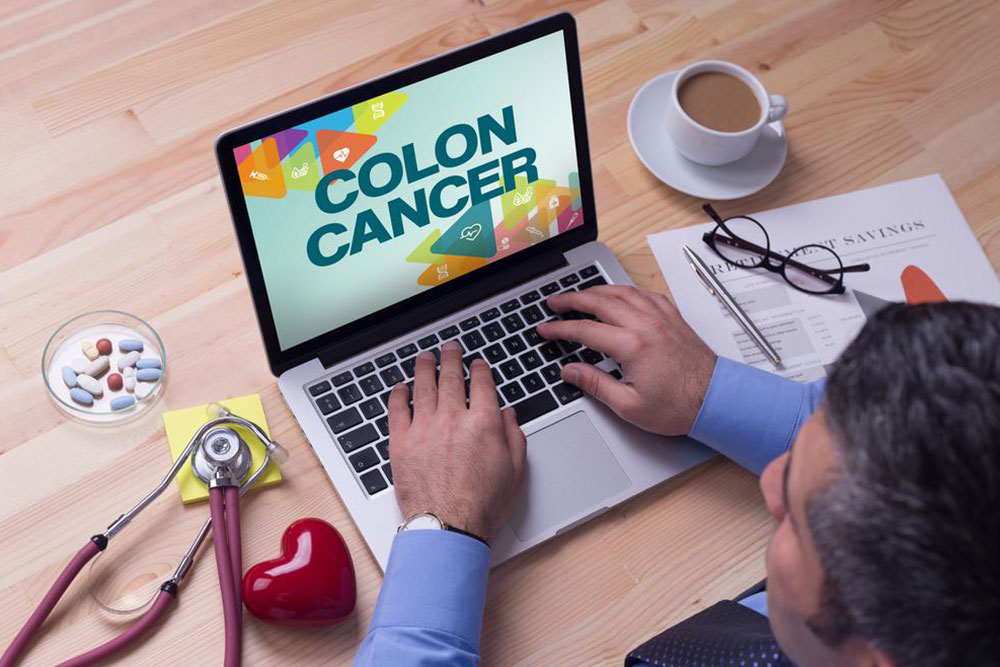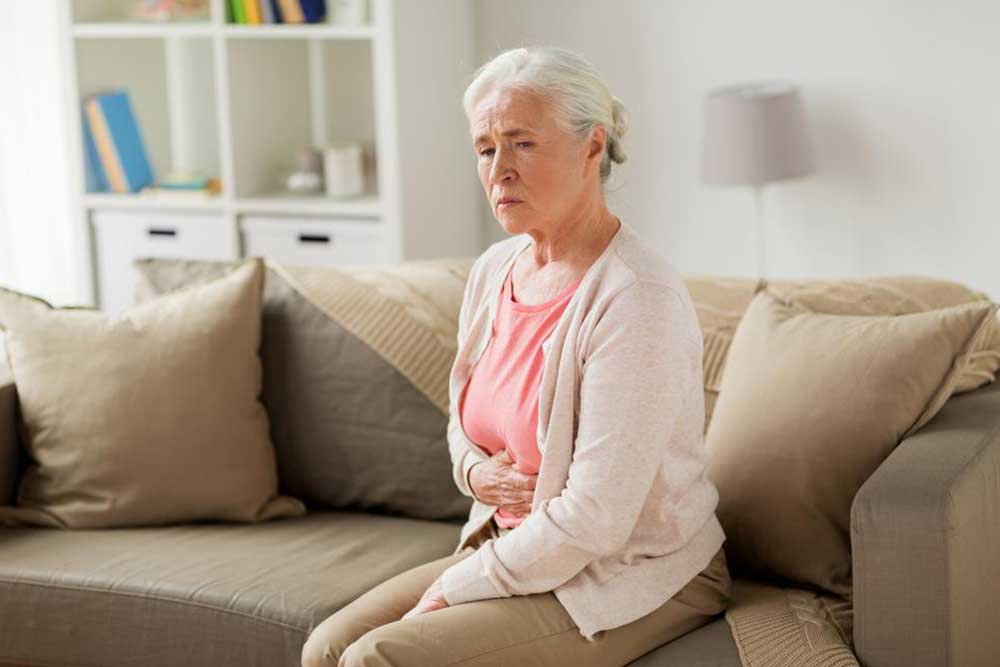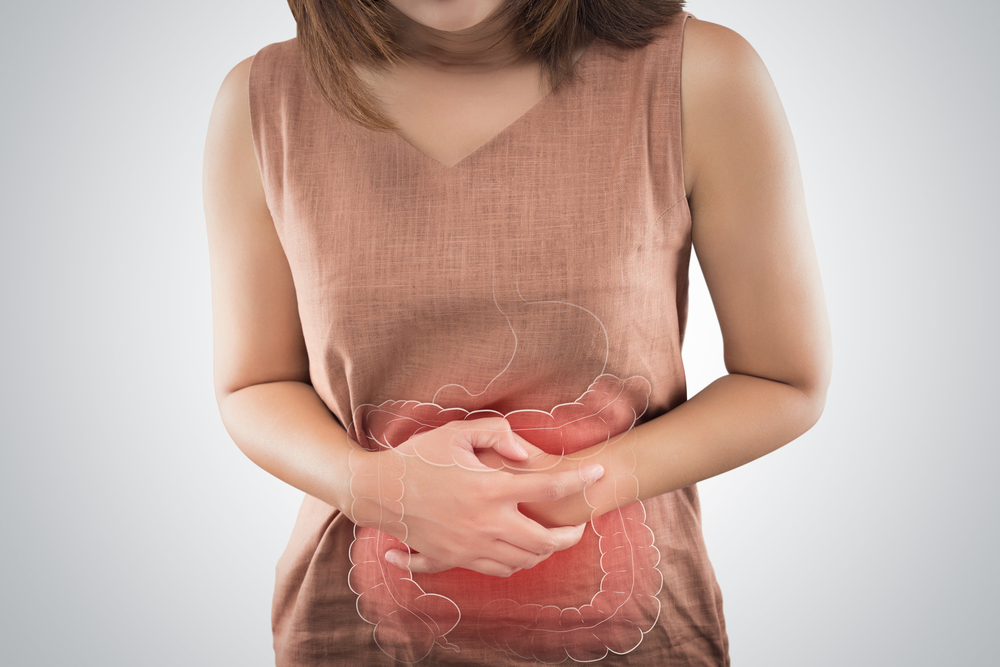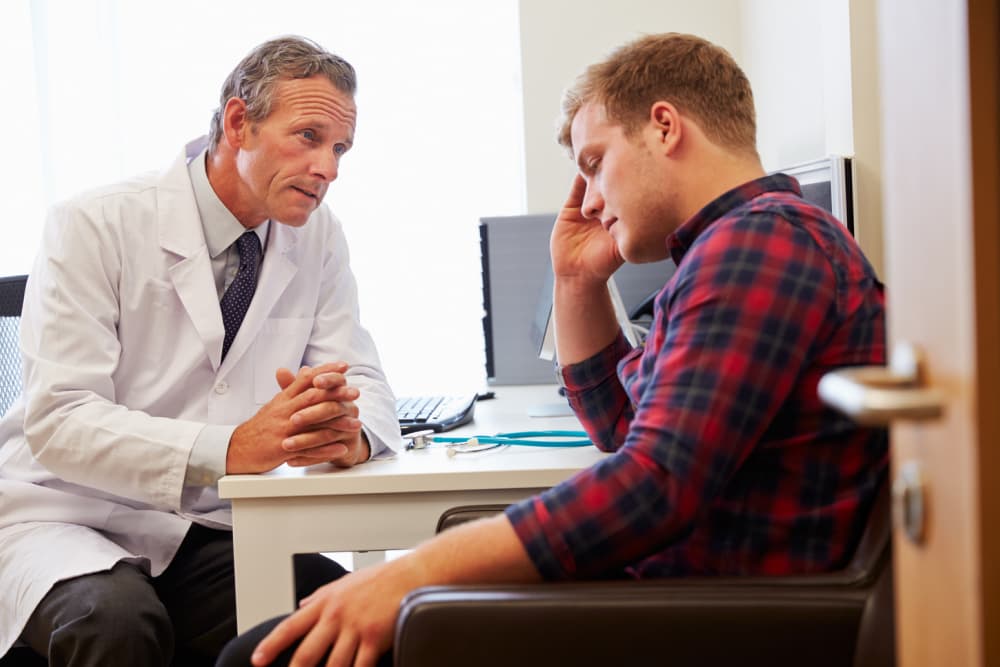Comprehensive Overview of Common Colorectal Disorders and Their Management
This comprehensive article offers an detailed overview of common colorectal disorders, highlighting symptoms, diagnosis, and treatments. It emphasizes early detection and lifestyle management to prevent severe complications. From colorectal cancer to hemorrhoids, the article provides essential insights for maintaining colon health and seeking timely medical intervention.
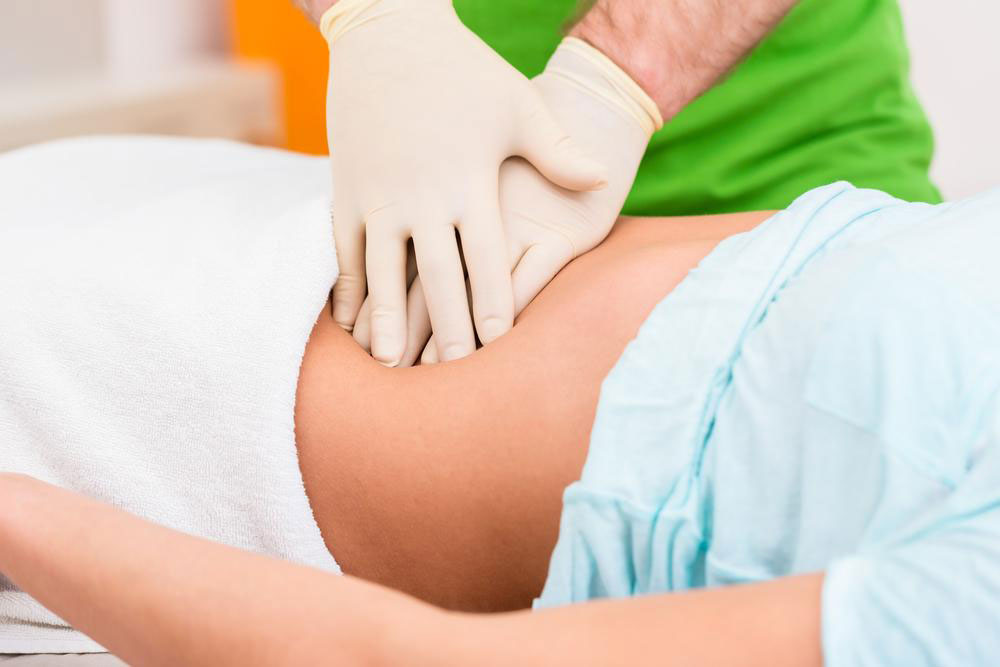
In-Depth Insights into Frequently Encountered Colon and Rectal Diseases
The colon and rectum are vital components of the digestive system, and various health conditions can affect this region. These disorders range from minor inconveniences to serious, potentially life-threatening diseases. Understanding these conditions, recognizing early symptoms, and seeking timely medical intervention are crucial for effective management and improved prognosis. This comprehensive overview covers the most common colorectal disorders, their causes, symptoms, diagnostic methods, and possible treatments to help individuals stay informed about their health.
Colorectal Cancer: Colorectal cancer remains one of the leading causes of cancer-related deaths worldwide. Annually, approximately 140,000 new cases are diagnosed in the United States alone, and the disease causes around 60,000 fatalities each year. Early detection significantly enhances treatment options and survival rates. Screening methods such as colonoscopy, fecal occult blood tests, and flexible sigmoidoscopy play critical roles in identifying precancerous lesions or early-stage tumors. Lifestyle factors like diet, physical activity, smoking, and alcohol consumption influence the risk, emphasizing the importance of preventive measures and regular screenings.
Ulcerative Colitis: This chronic inflammatory bowel disease specifically affects the mucosal lining of the large intestine and rectum. Ulcerative colitis impacts a larger demographic than colorectal cancer, notably young adults aged 15 to 30. Symptoms include bloody diarrhea, abdominal cramps, urgency, and weight loss. Although there is no definitive cure, medical therapy—comprising anti-inflammatory drugs, immunosuppressants, and biologic agents—helps manage symptoms and prevent complications. In severe cases, surgical removal of the affected colon may be necessary. Early diagnosis and ongoing management are key to improving quality of life for patients suffering from this condition.
Crohn’s Disease: Crohn’s disease is a chronic inflammatory condition that can affect any part of the gastrointestinal tract, from mouth to anus. It commonly affects individuals between the ages of 16 and 40. The disease causes symptoms such as diarrhea, abdominal pain, weight loss, and fatigue. Diagnosis involves a combination of physical examinations, endoscopy, imaging studies, and laboratory tests. Treatment often includes corticosteroids, immunosuppressants, and biological therapies; in some cases, surgical intervention becomes necessary to remove severely damaged sections of the bowel. Managing Crohn’s disease requires a multidisciplinary approach to control inflammation and maintain nutritional health.
Irritable Bowel Syndrome (IBS): IBS is a functional disorder characterized by abnormal bowel muscle activity. Symptoms include recurrent episodes of constipation, diarrhea, bloating, cramps, and urgency, significantly impacting daily life. Although IBS is not associated with increased cancer risk, it requires proper diagnosis to rule out other conditions. Management strategies focus on dietary modifications, stress reduction, and medications to relieve symptoms. If left untreated, IBS can lead to secondary issues such as nutritional deficiencies or psychological distress, underscoring the importance of seeking medical advice and personalized treatment plans.
Diverticulosis: Affecting nearly half of adults over the age of 50, diverticulosis involves the formation of small pouches, or diverticula, in the colon wall. These pouches can become inflamed or infected, resulting in diverticulitis, which presents with abdominal pain, fever, and changes in bowel habits. Routine screenings and fiber-rich diets are essential for prevention and management. In some cases, complications may necessitate antibiotics or surgical removal of the affected segment. Maintaining a healthy lifestyle and keeping up with regular colon health check-ups are vital for those diagnosed with diverticulosis.
Hemorrhoids: These swollen blood vessels around the anus are prevalent among individuals over 30 and often occur due to increased pressure from straining during bowel movements, pregnancy, or prolonged sitting. Hemorrhoids can cause symptoms such as pain, itching, bleeding, and prolapse of lumps. Treatment options vary from lifestyle adjustments and topical remedies to more invasive procedures like rubber band ligation, sclerotherapy, or hemorrhoidectomy. Early management helps alleviate discomfort and prevent complications, making awareness and prompt treatment crucial.
Anal Fissures: Small tears in the lining of the anus typically result from hard stools, constipation, or inflammation. Symptoms include sharp pain during bowel movements, bleeding, and itching. Diagnosing anal fissures is straightforward through visual examination. Conservative treatments—such as stool softeners, topical anesthetics, and sitz baths—facilitate healing within a few weeks. In persistent cases, surgical options like lateral internal sphincterotomy are highly effective. Maintaining good bowel habits and hydration are essential for preventing recurrence.
